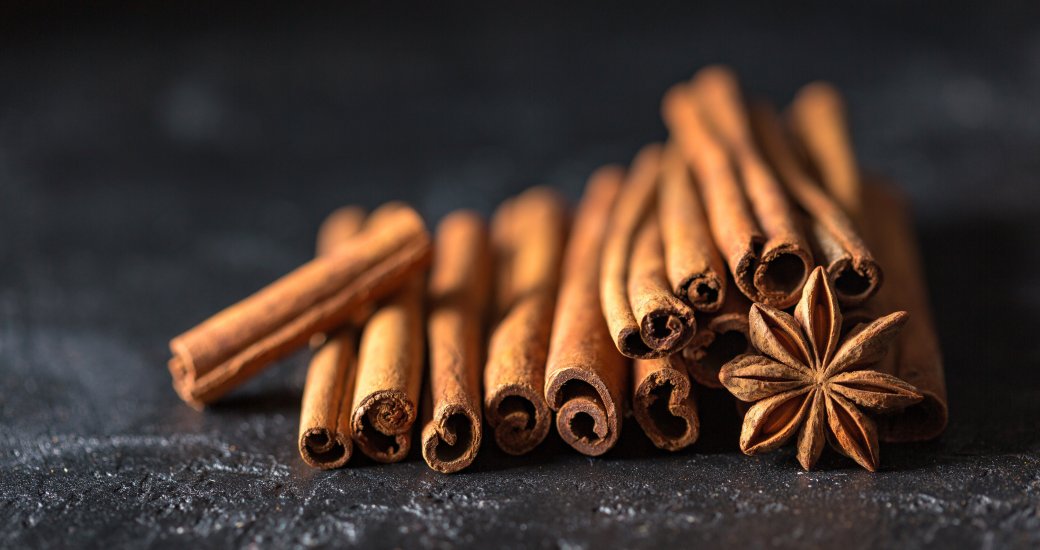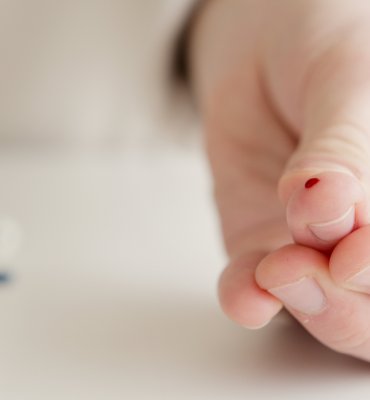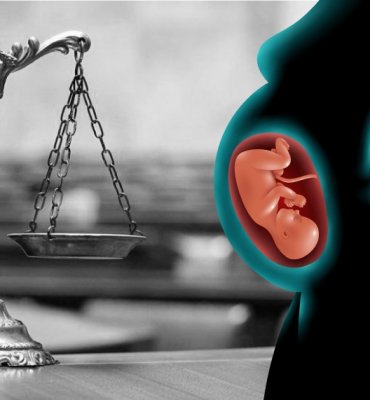
This finding highlights the substantial impact that cinnamon and its components could have on inhibiting the development of abnormal prostate cells.
In a breakthrough study conducted by the ICMR-National Institute of Nutrition (NIN), cinnamon and its active components have shown promising inhibitory effects on early-stage prostate cancer.
The research, titled 'Chemopreventive effect of cinnamon and its bioactive compounds in a rat model of premalignant prostate carcinogenesis,' was published in the renowned international peer-reviewed journal Cancer Prevention Research.
The primary objective of the study was to assess the potential chemopreventive efficacy of cinnamon (CN) and its bioactive constituents, cinnamaldehyde and procyanidin B2, in male rats. The researchers administered cinnamon and its bioactive compounds orally to adult rats through their diet prior to cancer induction, maintaining this dietary regimen for a span of 16 weeks.
A remarkable outcome emerged from the study, with approximately 60-70% of the rats subjected to the cinnamon-based diet displaying normal prostate histology. This finding highlights the substantial impact that cinnamon and its components could have on inhibiting the development of abnormal prostate cells.
The significance of these results is particularly notable as cinnamon, a commonly used Indian spice deeply entrenched in local cuisine, has demonstrated potential in combating a disease as concerning as prostate cancer.
The study paves the way for a deeper exploration of the role of cinnamon and its active components in prostate cancer prevention. It underscores the need for rigorous research to unravel the precise mechanisms and potential benefits, and ultimately, to determine whether cinnamon could play a significant role in advancing our fight against prostate cancer.










